What are the different seasons?

Seasonality refers to the times of year when foods, such as fruit and vegetables, are ripe and ready to eat.
There are four seasons in a year. In the UK, these are:
spring: March, April, May.
summer: June, July, August.
autumn: September, October, November.
winter: December, January, February.

When are foods in season?
Different foods grow best at different times of the year.
Some like to grow when the weather is cooler, like in autumn or winter. Some prefer it when the weather is warmer, like in spring or summer.
If a food is in season, this means that it has finished growing and it is now ready to HarvestHarvesting is the process of collecting crops that are ready to eat. and eat.
Seasonal food tends to be fresher and have more flavour than food that is out of season. This is because it can be grown locally at the right time of year and therefore it doesn’t need to travel too far.
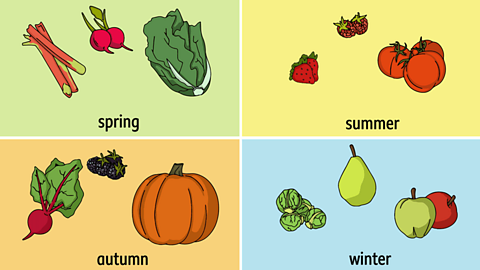
Here are some examples of when some foods are typically in season in the UK:
spring: radishes, spring greens and rhubarb.
summer: strawberries, raspberries and tomatoes.
autumn: blackberries, pumpkin and beetroot.
winter: sprouts, apples and pears.
Quiz: When are these foods in season?
When are these foods typically in season in the UK? Let's find out!
Storing foods
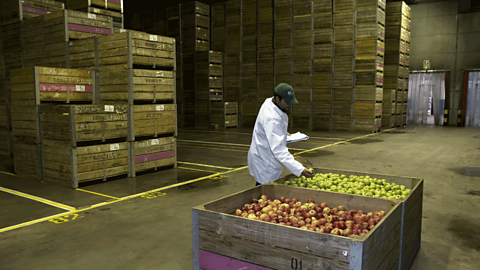
Foods are not in season all year round, especially in the UK. For example, certain varieties of apples are only in season in the autumn.
To help to make sure that food is available to buy all year round, food can be kept in giant fridges. This is called controlled atmosphere storage.
Inside these fridges, the temperature, HumidityHumidity is how much water vapour is in the air. and oxygen levels can be controlled. This means that foods do not PerishPerish means to rot, decay or lose the food’s natural qualities. or RipenRipen means that a fruit or vegetable becomes fully grown so that it is ready to harvest and eat. as quickly as they naturally would.
These fridges allow some foods to be stored for up to a year. This means that there is access to foods, such as apples and onions, all year round in the UK.
Storing food in this way also helps to reduce food waste by keeping the food fresher for longer.

Importing foods

Another way to make sure that there are foods in the supermarkets all year round is by importing foods.
Importing means bringing foods from other countries into the UK. We might need to import food because:
the food is not in season in the UK.
the UK is not able to grow a certain food.
the UK is not able to grow enough of a food for what people need.
When food cannot be grown all year round in the UK, it is usually imported from different countries by ships, trains, aeroplanes and lorries.
Foods can be imported from a range of different countries, such as avocados from Peru, tomatoes from Spain and grapes from South Africa.

Key words
| Harvest | Harvesting is the process of collecting crops that are ready to eat. |
| Humidity | Humidity is how much water vapour is in the air. |
| Perish | Perish means to rot, decay or lose the food’s natural qualities. |
| Ripen | Ripen means that a fruit or vegetable becomes fully grown so that it is ready to harvest and eat. |
Quiz: Seasonality
How much do you remember about seasonality? Try this quiz to find out.
More on Cooking and nutrition
Find out more by working through a topic
- count2 of 13
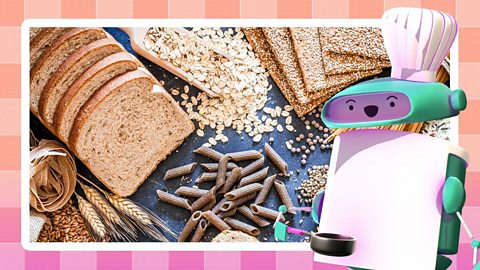
- count3 of 13
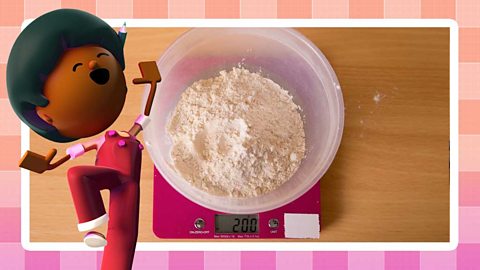
- count4 of 13
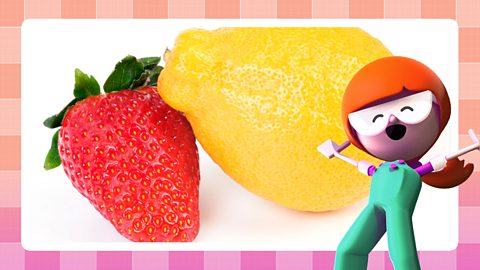
- count5 of 13
